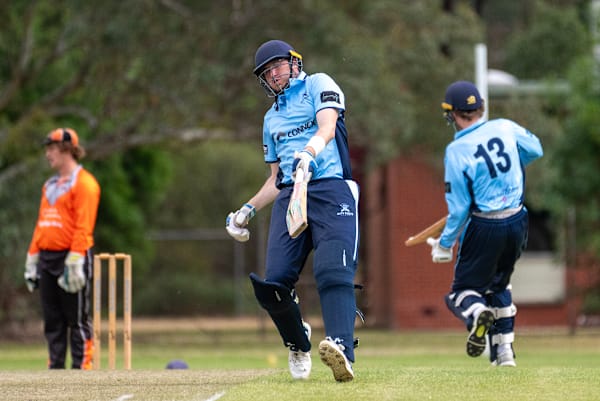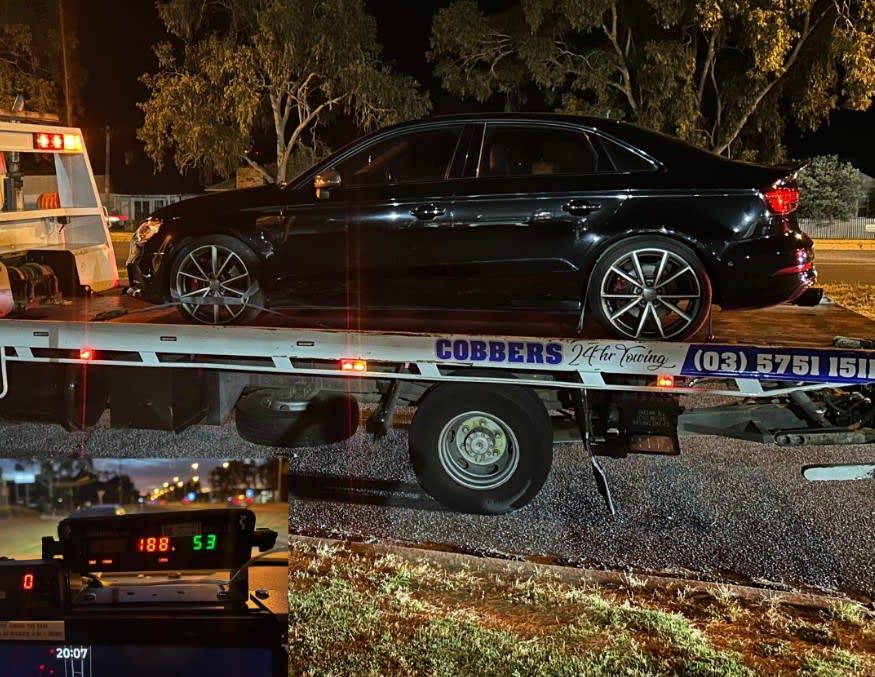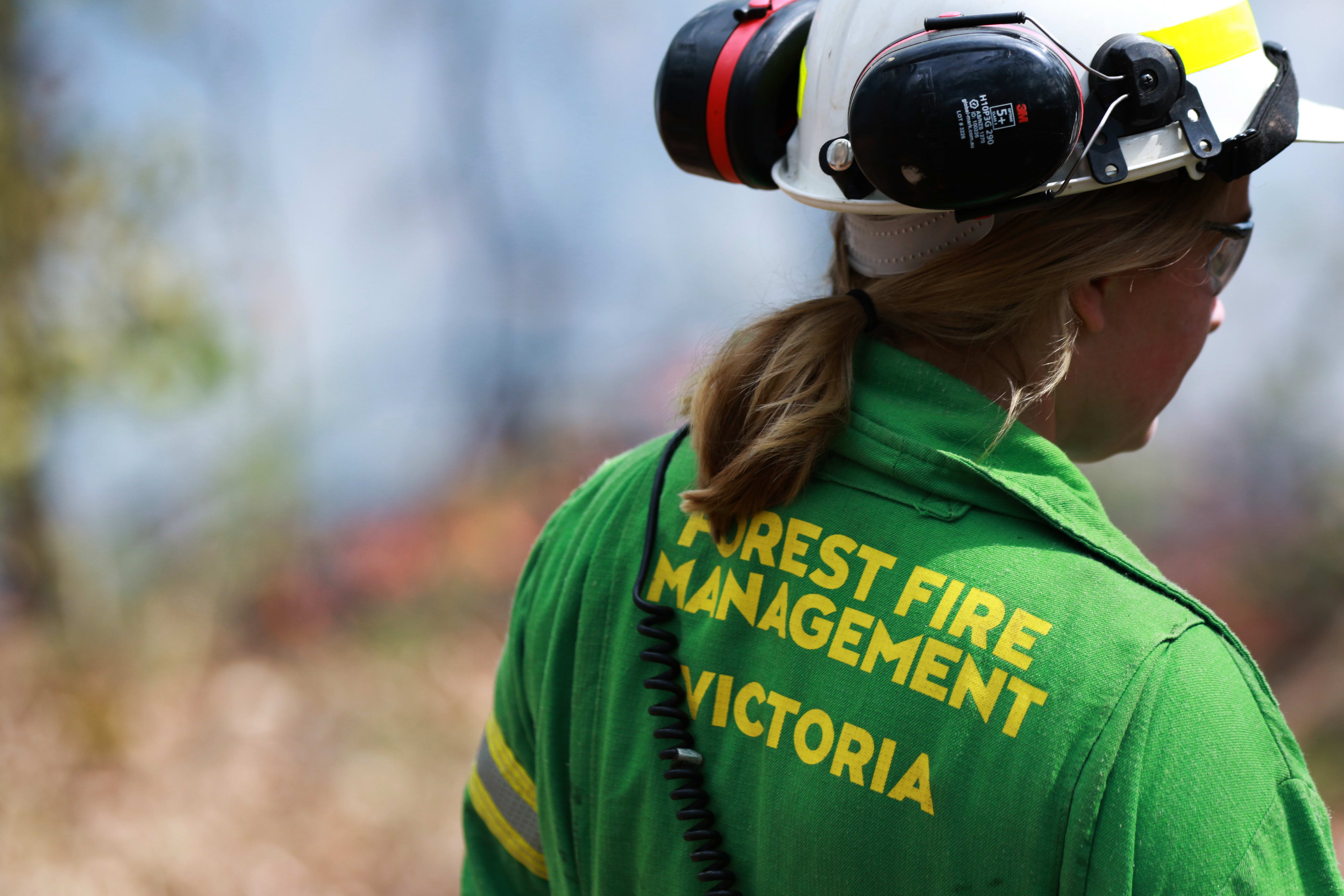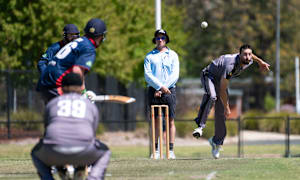UNFORTUNATELY working outdoors in farming in Australia significantly increases your lifetime risk of developing skin cancer.
Farmers and outdoor workers have an increased risk of all three of the main skin cancer types – basal cell cancers, squamous cell cancers and melanomas.
BASAL CELL CANCERS are by far the commonest skin cancers.
In fact, they are the commonest cancer of any kind in Australia.
They occur on all body sites that are exposed to the sun.
Latest Stories
Fortunately, they rarely spread in the blood stream or lymphatics to other parts of the body.
However, they slowly erode away at the skin and underlying tissues and can be very disfiguring especially when they affect the face, eyelids, nose or ears.
Early detection and removal is essential.
SQUAMOUS CELL CANCERS are the next most common skin cancers.
Again, they occur on areas of the body most frequently exposed to the sun.
The scalp in bald men, the ears, face and back of the hands and forearms are all common sites.
A small number of squamous cell cancers are aggressive and spread to other parts of the body which can have fatal consequences.
Again, early detection and removal is essential.
MELANOMAS are the least common but most aggressive skin cancers.
They can spread to other body sites very early which can be rapidly fatal.
Melanomas are more common on sun exposed skin but family history plays more of a role than in non–melanoma skin cancers.
Melanomas are usually pigmented but a small number may simply present as pink lumps or plaques.
If melanomas are detected and treated early when still thin the prognosis is excellent.
If they are not detected until later when they are thicker outcomes are much less satisfactory.
Other risk factors for skin cancers in addition to an outdoor lifestyle are
– Pale skin type – people with red hair / freckles who never tan have a very high risk
– Family history – a first degree relative with skin cancer will significantly increase your risk
– Personal history – if you have already had a skin cancer you will be at much higher risk of another one
– Multiple moles – people with large number of moles are at higher risk of melanoma
– Immunosuppressant treatment – people taking these medicines after organ transplant or for rheumatoid arthritis or similar conditions are at higher risk
– Age – skin cancers are increasingly common with increasing age. 2/3 of Australians will have had a skin cancer by the time they reach 60
It is recommended all adults should have a regular annual full body skin check especially if they have one or more of the risk factors above.















